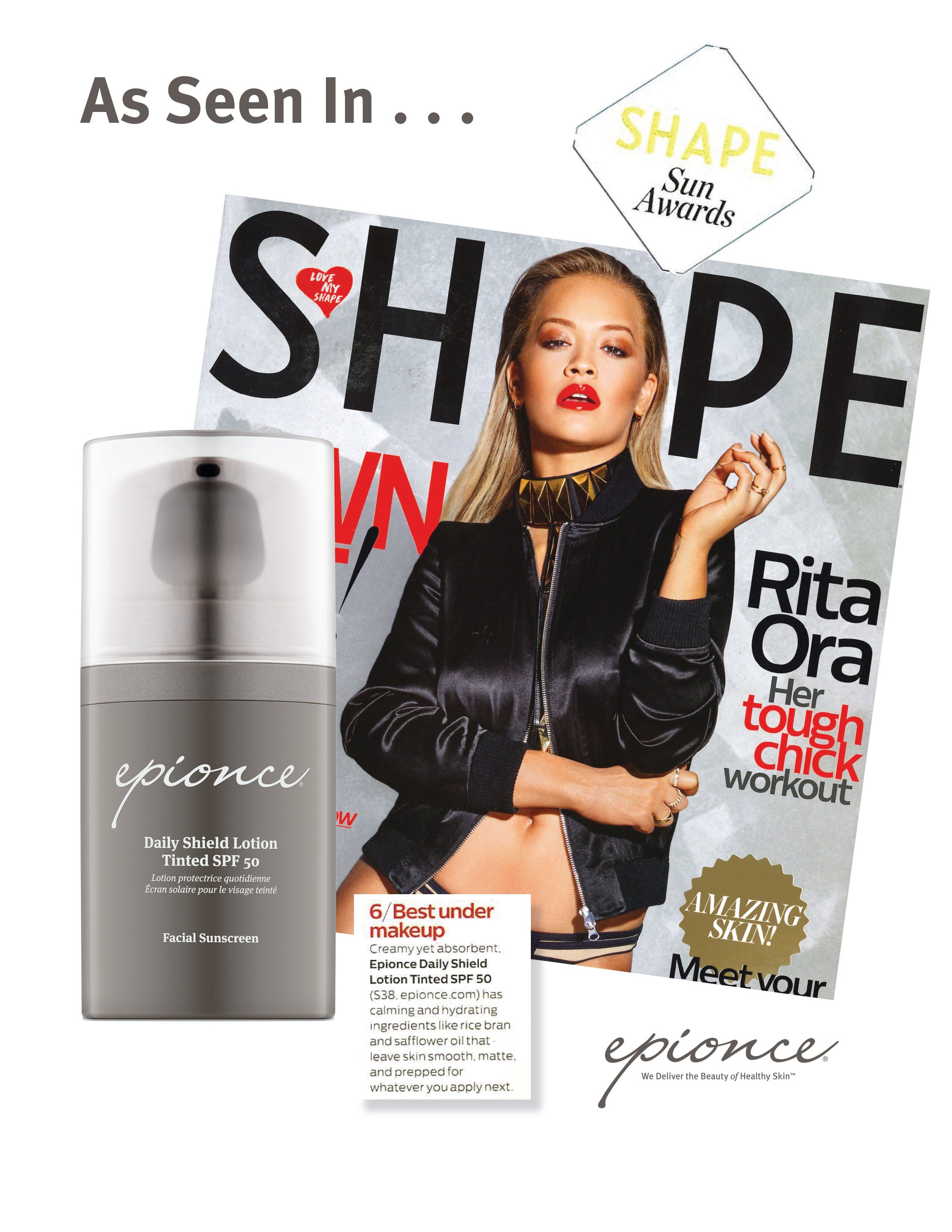Chemical vs Physical Sunscreen: Understanding the Difference and Choosing the Best Option
When it comes to protecting our skin from the sun's harmful rays, sunscreen is a must-have in any skincare routine. But did you know that not all sunscreens are the same? There are two main types to consider: chemical and physical sunscreen. Let's explore the differences and decide which one is better for you.
Chemical Sunscreen Explained
Chemical sunscreens work by absorbing UV rays and converting them into heat, which is then released from the skin. These sunscreens contain a combination of chemical compounds like oxybenzone, avobenzone, and octinoxate. They are clear in color and easy to apply.
One major advantage of chemical sunscreen is that it provides broad-spectrum protection against both UVA and UVB rays. It is also more water-resistant, making it great for activities like swimming or sweating. However, some individuals may experience irritation or allergies due to the active ingredients. There is also growing concern about its impact on the environment, especially on coral reefs.
Understanding Physical Sunscreen
Physical sunscreens, also known as mineral sunscreens, create a physical barrier on the skin that reflects or scatters UV rays. They contain minerals like zinc oxide and titanium dioxide. These sunscreens are usually white in color and may leave a faint residue on the skin.
Physical sunscreen is less likely to cause irritation or allergies, making it ideal for those with sensitive skin. It also offers immediate protection upon application, unlike chemical sunscreen which takes time to become effective. However, it may not provide as much UVA ray protection and needs to be reapplied more frequently, especially after swimming or sweating. We currently carry award winning Epionce Tinted SPF 50 physical sunscreen available for purchase and it is Paraben-Free, Fragrance-Free andNon-Comedogenic.
Which Sunscreen Is Best for You?
The answer depends on your personal preferences and needs. Both chemical and physical sunscreens offer effective protection against UV rays, but they have their own advantages and drawbacks.
If you have sensitive skin or are concerned about the environmental impact of chemical sunscreen, physical sunscreen may be the better choice. On the other hand, if you prefer a lightweight and easy-to-apply option, chemical sunscreen may be more suitable.
Keep in mind your skin type and lifestyle when choosing a sunscreen. Proper sun protection is essential for maintaining healthy skin and preventing sun damage.
For individuals with oily or acne-prone skin, chemical sunscreens may sometimes be more favorable. Look for formulas that are oil-free or non-comedogenic to avoid clogged pores. However, be aware that some chemical ingredients may irritate sensitive skin or worsen acne in certain individuals. Always opt for options targeted for sensitive or acne-prone skin and consider a patch test before full application.
Remember to thoroughly cleanse your skin at the end of the day to remove all traces of sunscreen, especially if you have oily or combination skin. This will help prevent clogged pores and potential acne breakouts.
Choose the sunscreen that works best for you and make sun protection a priority in your skincare routine.


